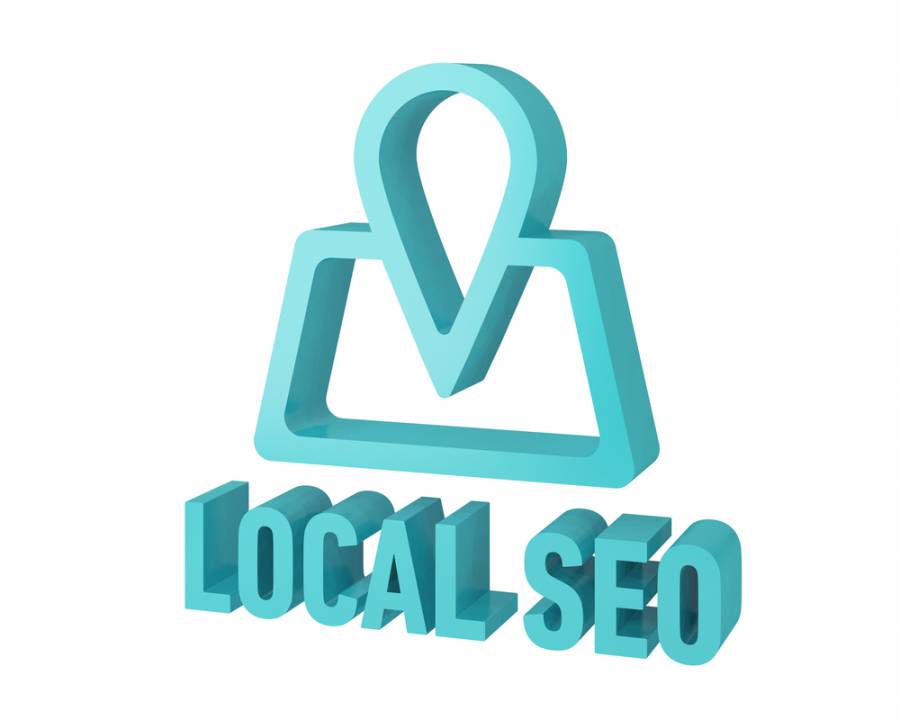Basically, there are just several main categories of ranking factors that actually determine every website’s local SEO success, and therefore the actual ranking positions in Google’s SERPs targeted regionally. At the same time, however, you will need to know at least the basic negative ranking factors, as well as the right ways of getting your website differentiated from the closest niche competitors. Understanding that local SEO success is getting more and more challenging for many businesses (especially for those of just minor scale, or recently launched startups), below I’m going to take a look at the primary factors and difference-makers you need to know for getting a solid starting point with your local optimization strategy. That being said, let’s quickly run through them all.

Getting Started with Local SEO: Success Factors & Difference-Makers for Small Business Websites
As for me, here is arguably the best way of categorizing all significant ranking factors of local Search Engine Optimization. Consider the following before delving into greater detail:
- General Local Ranking Factors.
- Localized Organic Ranking Signals.
- Negative Local SEO Factors.
- Competitive Difference-Maker Factors.
General Ranking Factors
These are the primary factors that can determine both local pack, and localized organic search results. It means that your main focus should be set on the following signals:
- On-Page Ranking Signals (Title Tags, Meta Descriptions, H1/H2/H3 Headers/Subheaders, On-Page Images, Body Page Content, Google Reviews/Testimonials).
- Link Signals (Google My Business Dashboard, Location-Specific/Industry-Specific Links, Editorially-Placed Links and Link Donors with High Domain Authority & PageRank Score).
- External Location-Based Signals (Business NAP Consistency, Local Listings, and Business Citation Submissions).
- Personalization Signals (Actual Search Location, Recent Browsing History, User's Personal Preferences).
Localized Organic Ranking Signals
This category of Local SEO success factors is mainly revolving around Google business categories, quality & authority of structured citations (I recommend using schema.org markup to get a well-structured and consistent NAP data), city/town or regions outlined in Google My Business listing & landing page title, domain authority, Click-Through Rate acquired from Google's organic search results).
Negative Local SEO Factors
Put simply, nearly all negative ranking signals are actually nothing but mirror images, which are opposed to the category of general positive local SEO success factors.

To identify any weak spots on your own business site, consider the following potential issues:
- Incorrectly categorized business.
- False address detected by local listing/business directory.
- Inconsistent NAP data/mismatching phone number or name of the company.
- Malware/Black-Hat SEO detected on the main business website.
- Non-crawlable NAP/Google My Business data.
Competitive Difference-Maker Factors
- Domain authority of your main business website.
- Smart category associations set on GMB dashboard.
- Quality and authority of unstructured citations (i.e., newspaper articles, blog posts, overall PR performance).
- Inbound link quantity, quality, and authority – both to website's domain, and GMB landing page URL.
Post a comment